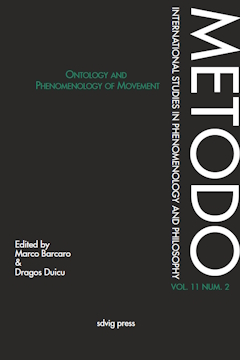Movement and meaning
an investigation in early intersubjective development
pp. 315-354
Abstract
In this article, we analyze how movement takes part in creating intersubjective meaning. We discuss what Daniel Stern termed ‘affect attunement,’ a primary way of constituting intersubjectivity. Based on an analysis of how movement, meaning-making, vitality affects, and primordial feelings interrelate in affect attunement, we show that primordial feelings and thereby movement play a much greater role in affect attunement than Stern proposed. This makes movement a primary meaning-making modality, indispensable to the development of intersubjectivity. To illustrate the relation between movement and affect attunement in psychological development, we discuss the role of movement in autism. Recent research suggests that differences in movement precede the onset of social-communicative deficits and may be primary to autistic development. Building on the proposed interrelation of movement and primordial feelings in affect attunement, we suggest that autistic movement differences illuminate the vital role played by movement in early intersubjective development.
Publication details
Published in:
Barcaro Marco, Duicu Dragoş (2024) Ontology and phenomenology of movement. Metodo 11 (2).
Pages: 315-354
Full citation:
Roald Tone, Boldsen Sofie, Køppe Simo (2024) „Movement and meaning: an investigation in early intersubjective development“. Metodo 11 (2), 315–354.


